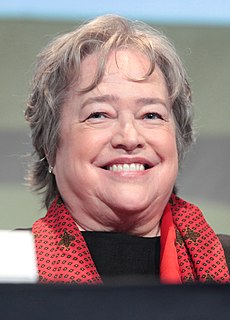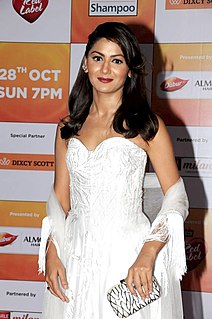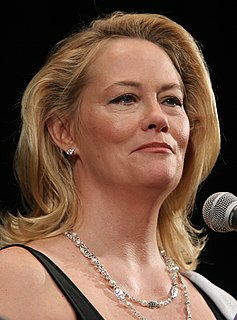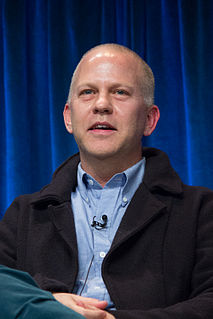A Quote by Kathy Bates
O.K., we had women's lib in the '60s, the women fought for their roles, they're out there in the work force. Now let's talk about how they're dealing with things as human beings.
Related Quotes
What business needs now is exactly what women are able to provide, and at the very time when women are surging into the work force. But perhaps even more important than work force numbers is the fact that women - who began this sweeping entry in the mid-seventies - are just now beginning to assume positions of leadership, which give them the scope to create and reinforce the trends toward change. The confluence is fortunate, an alignment that gives women unique opportunities to assist in the continuing transformation of the workplace.
I think empowerment of women is exactly what's happening now, with women being portrayed as human beings, and not just black and white. Men can be the anti-hero all the time, and it's cool, but when women are, they're twisted or messed up or something is wrong with them. I think it's just about portraying women in the world as equals to men, and vice versa.
When you talk to women who were working as print journalists or in broadcasting in the '50s, and then you talk to women who were working in the late '60s, there's an enormous difference. There had already been a huge transition. Then, of course, you get well into the '70s and there were women with children working.
When I got married and had a child and went to work, my day was all day, all night. You lose your sense of balance. That was in the late '60s, '70s, women went to work, they went crazy. They thought the workplace was much more exciting than the home. They thought the family could wait. And you know what? The family can't wait. And women have now found that out. It all has to do with women, or the homemaker leaving the home and realizing that where they've gone is not as fabulous, or as rewarding, or as self-fulfilling as the balance between the workplace and the home place.
Throughout my career I've played a lot of parts that might've been played by a man. They're human roles rather than specifically men or women. I've never been as hooked into that as a lot of women are, you know, like, 'There aren't enough roles for women.' There aren't necessarily a lot of good roles for anybody.
Women's tennis has been around for a very long time - we're talking about the 1800s. But women's soccer hasn't had such a long history, so now they're right at the beginning of really trying to make things equal. We need to continue not only to advocate for women but to have men advocating for women.
There's more empathetic representations than we're used to seeing. I honestly feel like in the early days of Hollywood, women did have those. Women had very traditional roles in society of wife and mother, but when they went to the movies, they got to see women be, like, really cool, amazing characters and femme fatales and all of this. And then there was just this systemic reaction where it was all about, "How do we make money?" And everybody wants to sell things to boys. And then women's entertainment became devalued in a way that I think is disrespectful and hurtful.




































